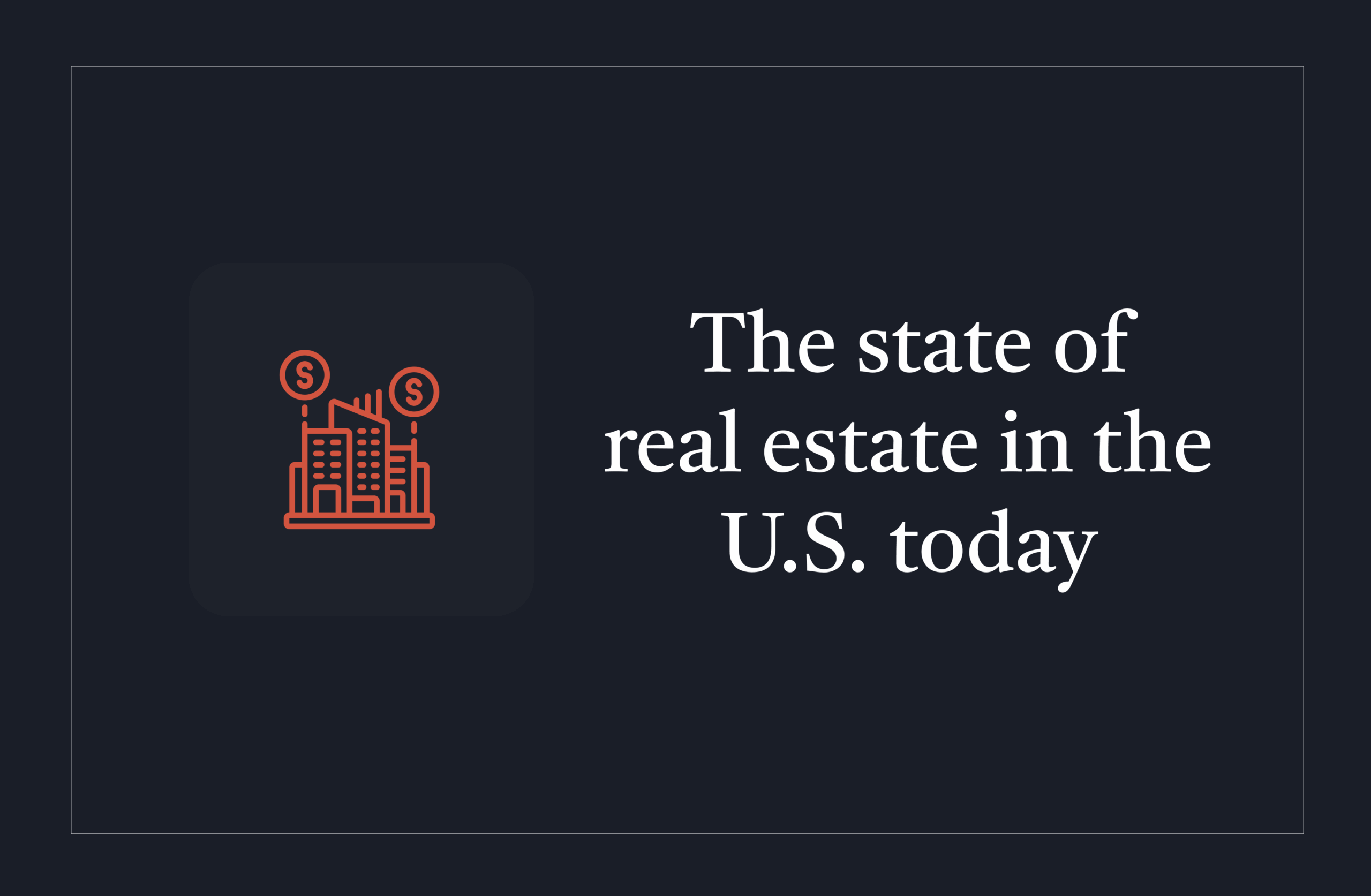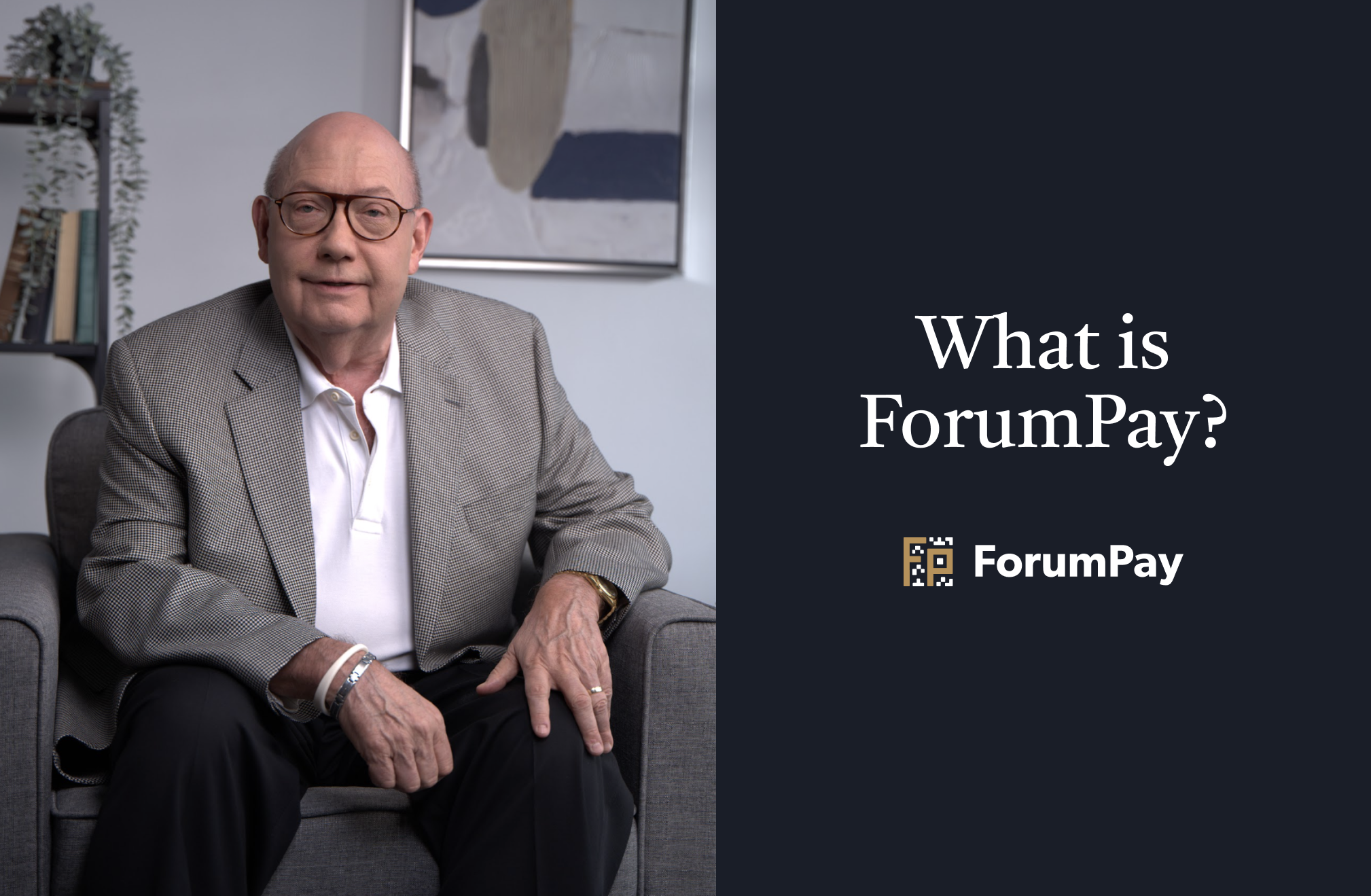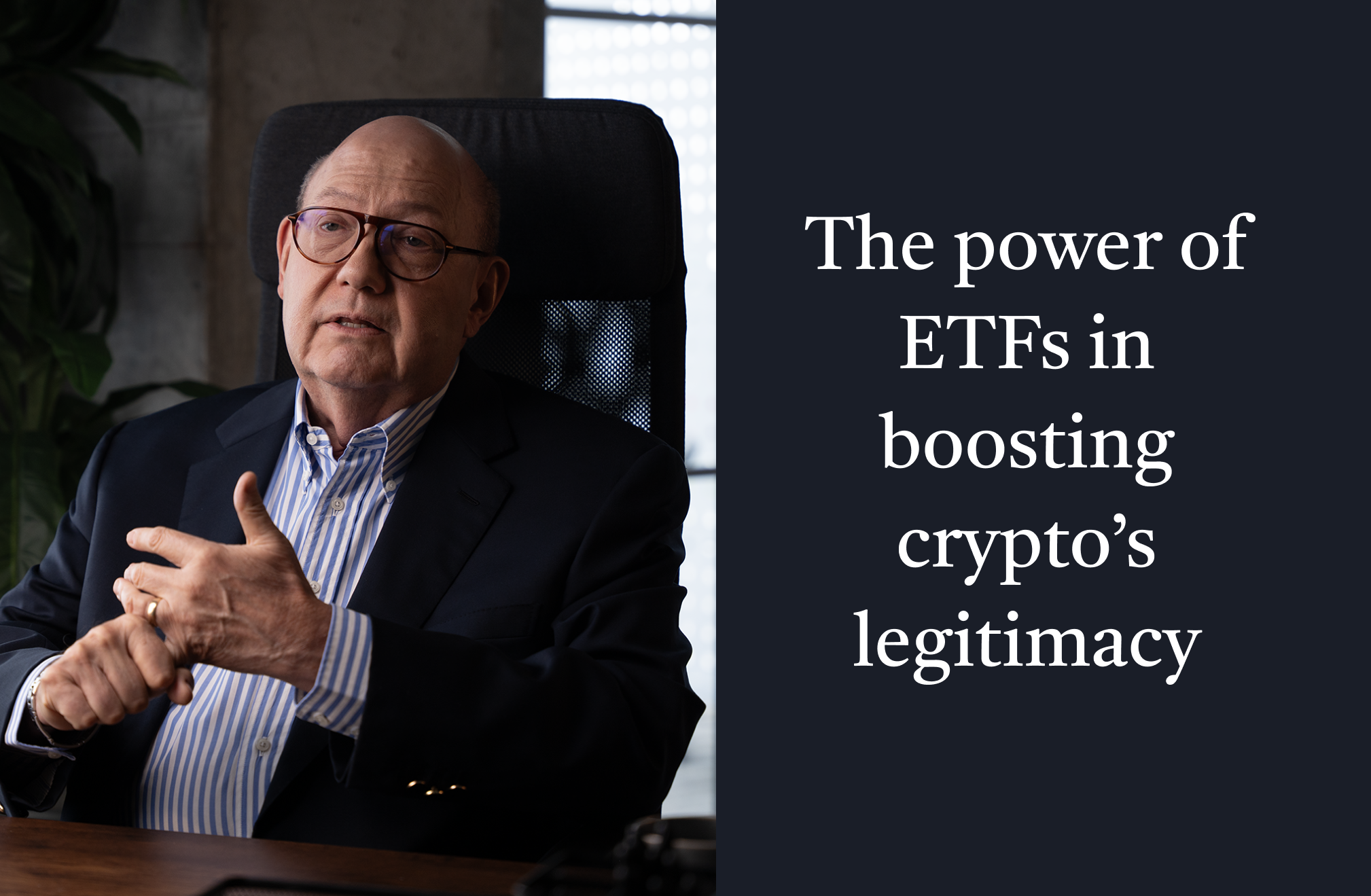
Real estate tokenization is a relatively modern concept, but tokenization, in general, has been around more or less since blockchain technology was invented. The trend has been growing in recent years, evidenced by a recent report issued by the Boston Consulting Group that estimates that real estate tokenization could reach a value of $16 trillion by 2030. Real estate transactions have been functioning much the same way since the eighteenth century. Sure, now computers are involved, and the administration can be done faster, but the process essentially involves the same physical requirements of signing documents and papers and exchanging deeds and titles. The mortgage and real estate business has undergone a slow evolution, as opposed to a revolution, in terms of efficiency.
In this article, I wanted to take a closer look at real estate tokenization, which is becoming increasingly popular around the world, and its potential impact on the real estate market.
What is real estate tokenization?
Real estate tokenization involves dividing a property into a series of digital tokens, each representing a fraction of that real estate asset. A key feature of real estate tokenization is that it is all recorded on the blockchain. This tokenization process allows property owners to divide up the value of their asset into smaller fractions or shares, which can be purchased by numerous investors, each with a stake in the value of that asset.
This also means that this particular real estate investment becomes more accessible. Instead of investing in a penthouse in Manhattan, you invest in one fifth of a penthouse, and are still able to benefit from value appreciation over the years. By lowering the financial entry barrier, tokenization makes real estate investment much more democratic, available to a much broader audience.
It also increases market liquidity and demand. Most tokenized real estate is managed by smart contracts, which are also built, signed, and stored on the blockchain. This greatly automates transactions and reduces the need for intermediaries, ensuring greater transparency and security for both the property owner and investors.
Is tokenized real estate a security?
One of the main challenges facing real estate tokenization is determining whether these digital assets should be classified as securities. Unlike commodities such as gold, silver, or oil, which are traded as physical goods with relatively straightforward regulations, real estate tokenization involves multiple investors owning fractional shares of a single property, much like a stock or bond. This raises the question of whether tokenized real estate should fall under the same regulations as securities, particularly in cases where shared ownership structures resemble those of investment contracts, like mortgage-backed securities (MBS) pools.
The difference in regulatory approaches between the Commodity Futures Trading Commission (CFTC) and the Securities and Exchange Commission (SEC) makes the matter more complicated. The CFTC, which regulates commodities in the U.S., has historically been more open to crypto-based innovations, as seen in how digital assets like gold and silver are tokenized and traded with fewer legal complications. The SEC, however, which oversees securities, is more cautious, often classifying fractionalized investments as securities, requiring stricter oversight and compliance. This creates some friction for real estate tokenization unless the CFTC’s forward-thinking approach can provide a clearer path for real estate tokenization.
Will tokenization become a trend?
Tokenization has been trending in the commodities market for a while, particularly with assets like gold and silver. However, the question of real estate is a complex scenario. Commodities are generally easier to tokenize because they are not typically classified as securities, meaning fractional ownership and trading is more straightforward. For example, tokenizing gold simply involves dividing it into grams that can be bought and sold either physically or on the stock market. Real estate, on the other hand, comes with far more legal complexities.
The challenge isn’t in the technology, as blockchain can easily facilitate fractional ownership, but rather in how these tokenized properties are classified. If tokenized real estate is considered a security, it will face much stricter regulation by the SEC, which could slow down adoption. Until we have greater clarity regarding the legal framework surrounding tokenization, particularly in the U.S. markets, real estate tokenization could face significant hurdles before becoming a mainstream investment trend.
For more of my insights and reflections on real estate and crypto, take a look at the other articles on my blog, visit my YouTube channel and follow @williamerbey on social media.






